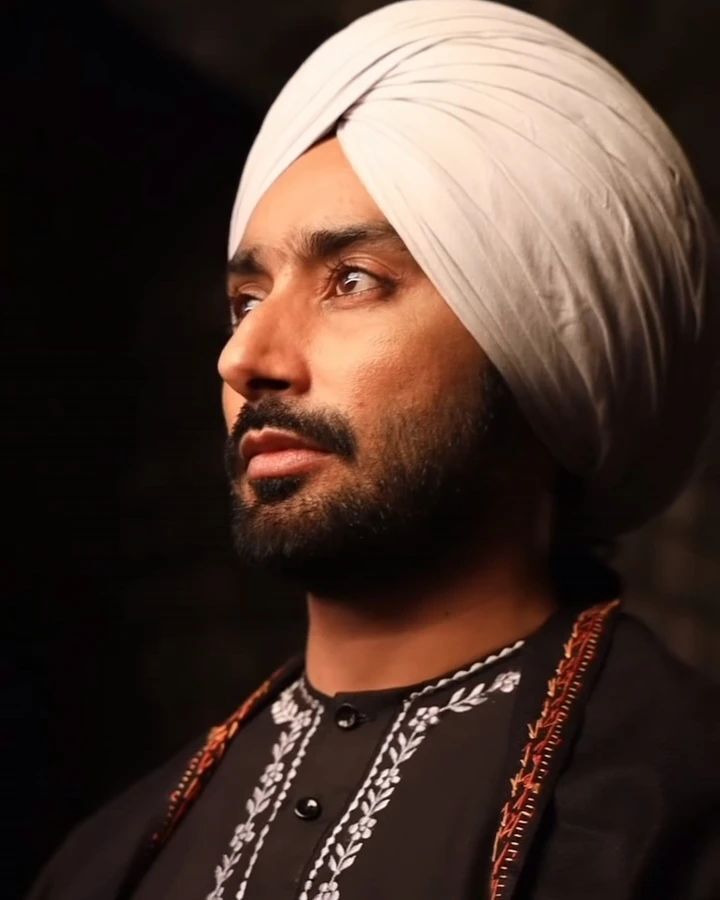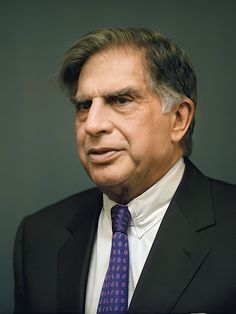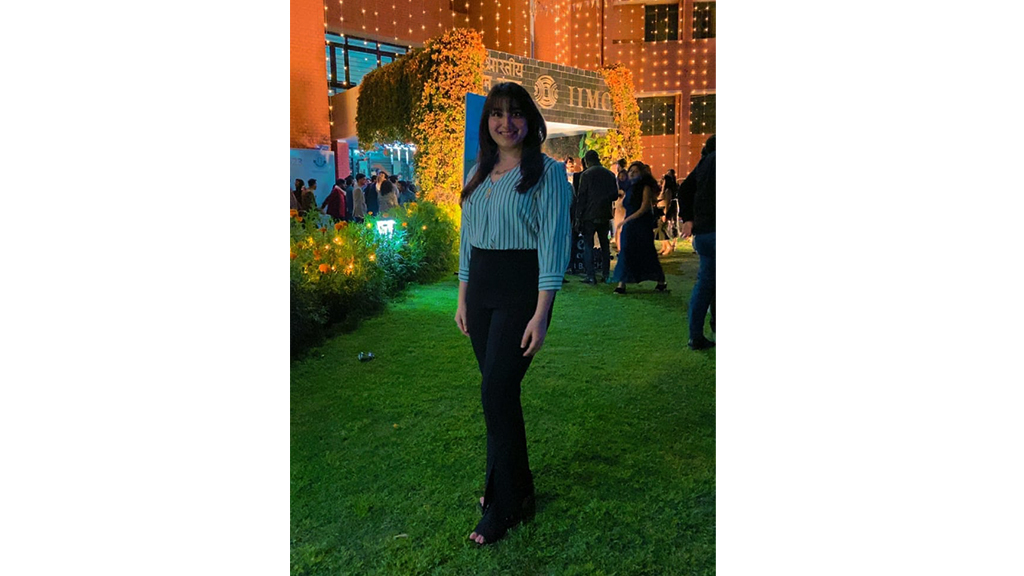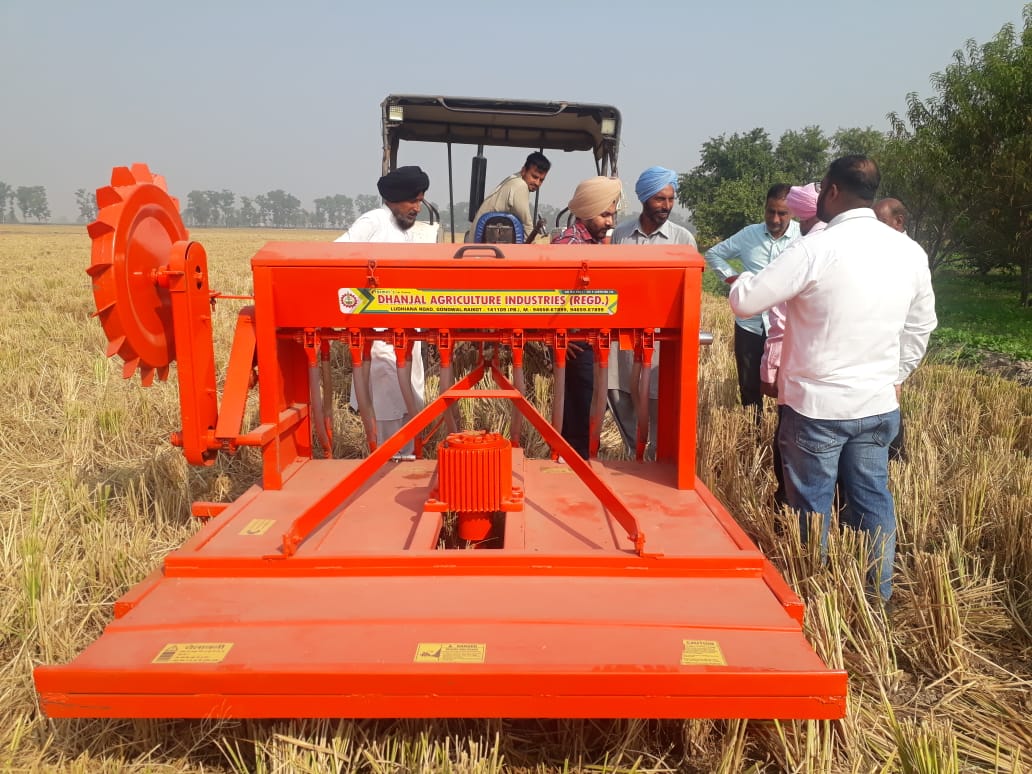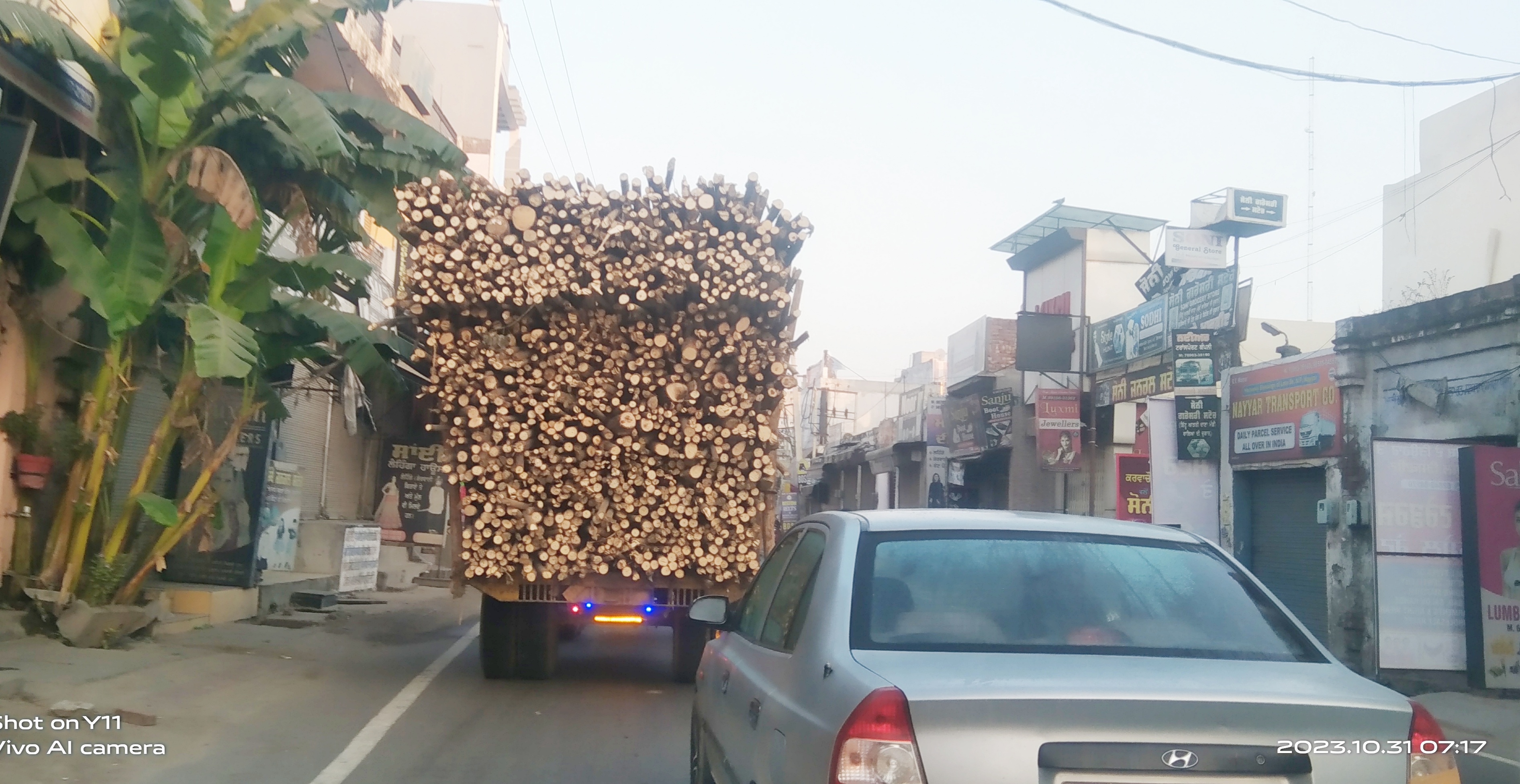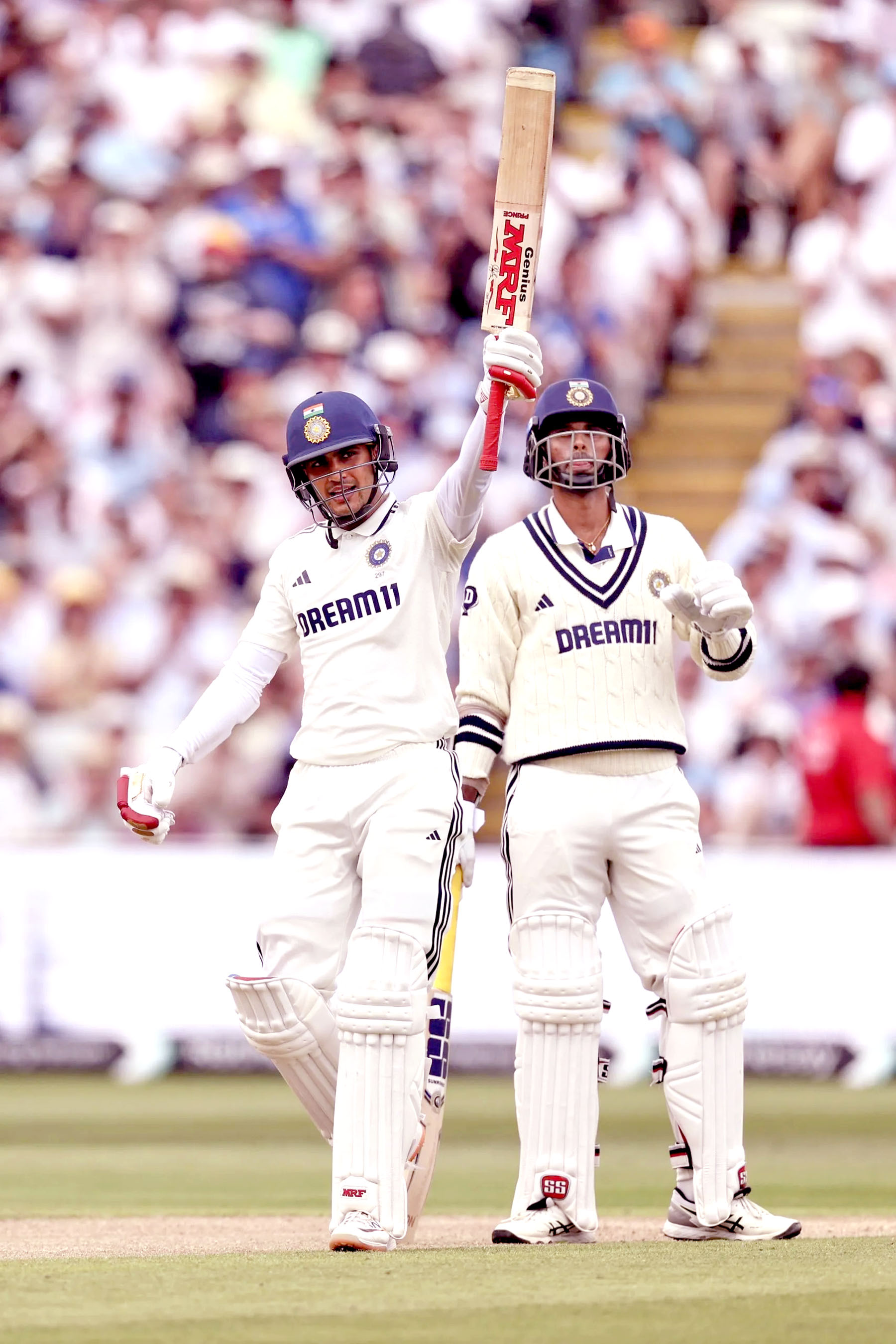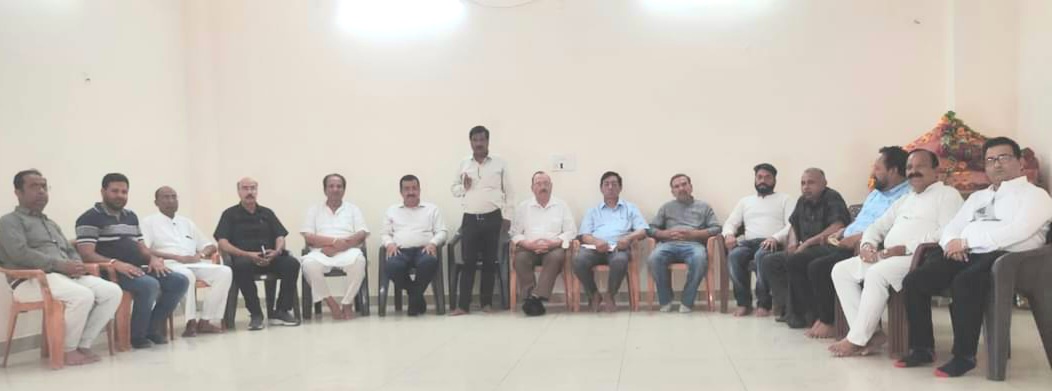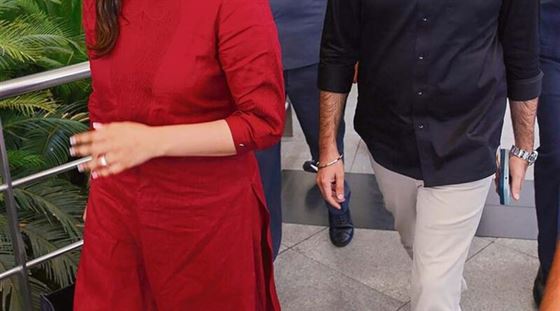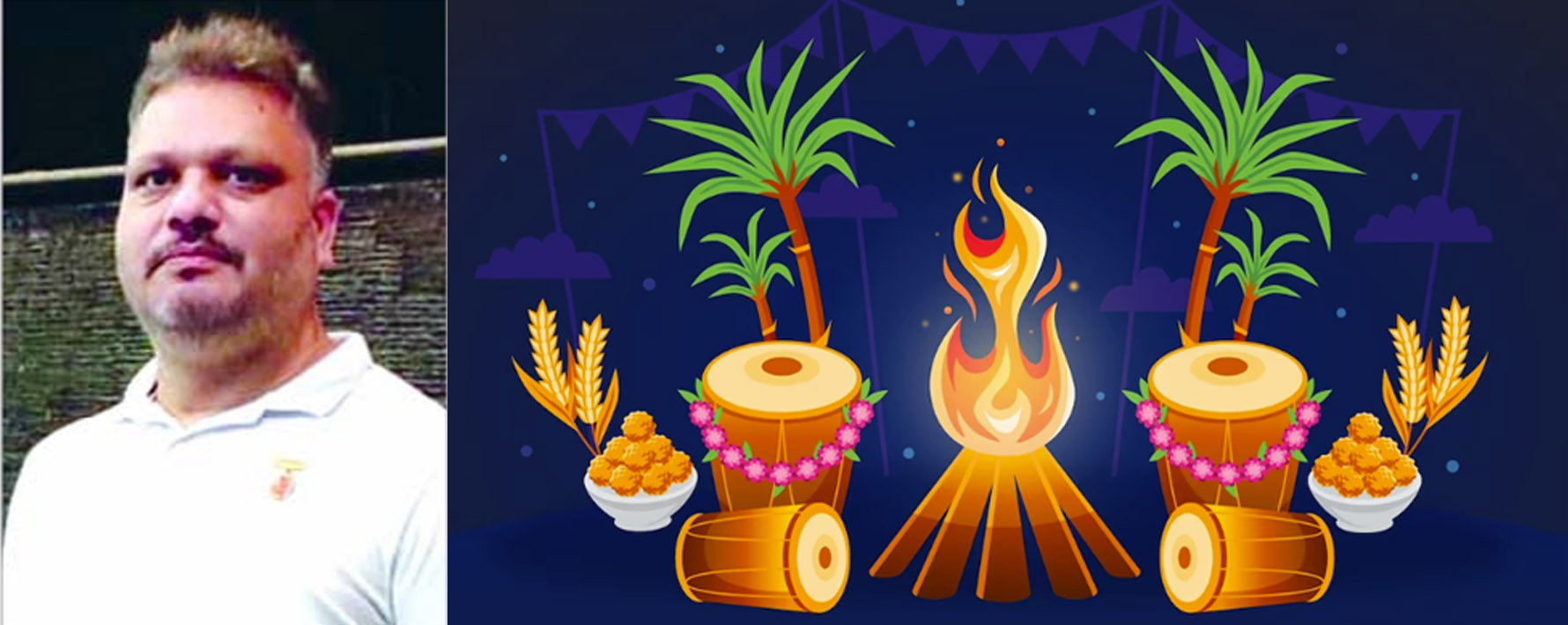
Embracing the Warmth of Lohri Celebrations Illuminate the Winter Night
As the winter chill tightens its grip, communities in Northern India eagerly anticipate the arrival of Lohri, a festival that brings warmth and joy to the cold winter nights. Celebrated primarily by the Punjabi community, Lohri marks the culmination of winter and the onset of longer days. The festival is not only a celebration of the changing seasons but also an expression of gratitude for the harvest and the bounties of nature.
As the winter chill tightens its grip, communities in Northern India eagerly anticipate the arrival of Lohri, a festival that brings warmth and joy to the cold winter nights. Celebrated primarily by the Punjabi community, Lohri marks the culmination of winter and the onset of longer days. The festival is not only a celebration of the changing seasons but also an expression of gratitude for the harvest and the bounties of nature.
Lohri is traditionally celebrated on the 13th of January every year. The festivities commence with people gathering around a bonfire symbolizes the sun, which is worshiped for its life-giving energy. Families and friends come together, dressed in vibrant traditional attire, to offer their prayers and gratitude.
One of the most iconic traditions associated with Lohri is the circling of the bonfire. People move around the fire, singing traditional songs and performing folk dances like Bhangra and Gidda.
A significant aspect of Lohri celebrations is the practice of offering rewri, peanuts, and popcorn to the fire as a symbolic gesture of giving thanks for a good harvest. The crackling sounds of these offerings in the fire are believed to carry away any ill omens and bring prosperity to the community.
The Lohri festival's history is intertwined with various legends and historical events, making it a significant part of the region's cultural heritage.
Ancient Agricultural Significance: Celebration of the Harvest:
Lohri has ancient roots and its celebration is linked to the winter solstice the shortest day and longest night of the year.
It is a way for farming communities to express gratitude to the Sun God and the land for a bountiful crop. The tradition of offering sesame seeds, jaggery, and other harvest-related items to the bonfire is a way of giving thanks for the agricultural abundance.
Connection to the Legend of Dulla Bhatti:
One of the most popular legends associated with Lohri is that of Dulla Bhatti, a Robin Hood-like figure known for rescuing girls from being forcibly taken to the slave market during the Mughal period. According to folklore, people sing songs praising Dulla Bhatti during Lohri while circling the bonfire.
Homage to Fire and the Sun God:
Lohri's association with the bonfire has roots in the reverence for fire, which is considered sacred in many cultures. The bonfire symbolizes the sun, and people gather around it to offer prayers for prosperity and a good harvest in the coming year. The lighting of the fire is also a symbolic gesture of bidding farewell to the cold and welcoming the warmth of the sun.
Cultural and Regional Variations:
While Lohri is widely celebrated in Punjab, variations of the festival are observed in different regions of Northern India under different names, such as Pongal in Tamil Nadu and Makar Sankranti in various other states. Each region brings its unique cultural elements to the celebration, reflecting the diversity of India's traditions.
Religious Significance:
Lohri also has religious significance for some communities. For Sikhs, it holds historical importance as it is associated with Guru Gobind Singh and the Maghi festival. The festival is a time for Sikhs to remember the Chali Mukte a group of 40 Sikhs who sacrificed their lives during the Battle of Muktsar.
In conclusion, the history of Lohri is a tapestry woven with agricultural practices, cultural beliefs, and historical legends. As communities continue to celebrate this vibrant festival, they contribute to the preservation and continuation of a rich cultural heritage that has been passed down through generations.
Lohri is more than just a festival; it is a celebration of life, community, and the enduring spirit of joy that can brighten even the coldest winter night. As the bonfires blaze and the melodies of traditional songs fill the air, Lohri brings people together, reminding us of the importance of gratitude, unity, and the timeless traditions that connect us to our roots.

